#UR_LIS 2013 [MEDS_Reaction] Equipped square
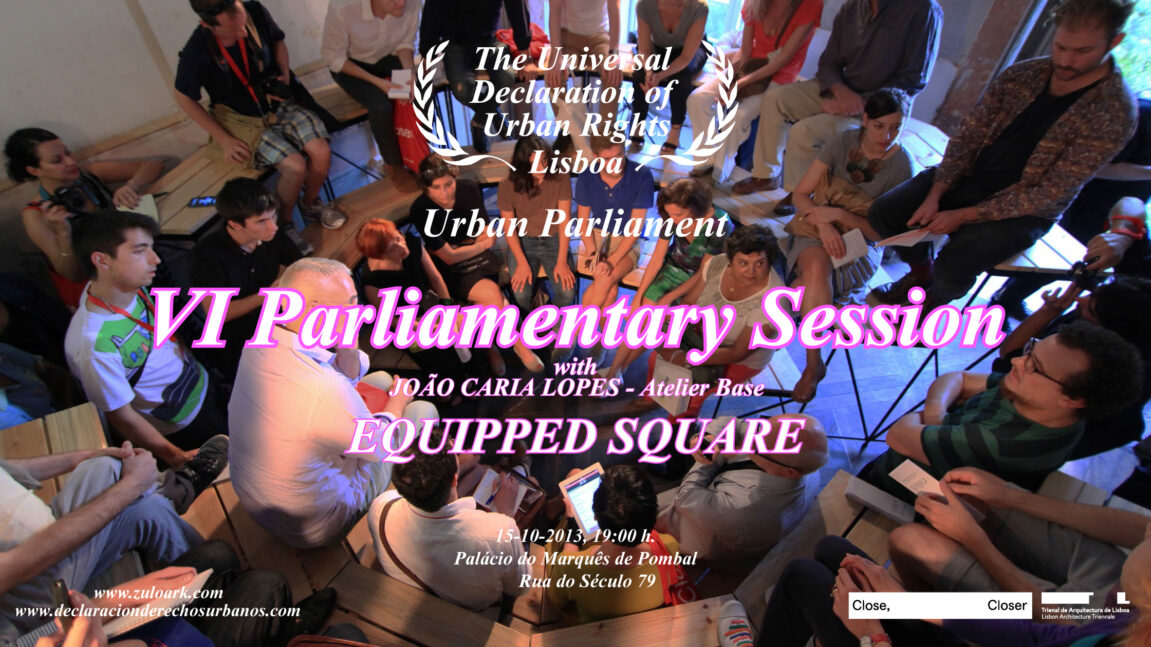

What do we residents know about our city? Which plots belong to the public sector and who are the decision takers? How is the allocation of public land handled and on what terms? How are potential profits, quality of planned utilization, concepts and public good weighed in the decision process? How can information on public
What if the whole city would be “common”? How would the public space be designed and used when the common good is a priority – and by whom? Are welfare and commercial exploitation compatible interests? What are the opportunities and where the obstacles in organizing communal use? What public resources should be provided? How could
Proposals for the agenda: Include new agents in the process of decision making (architects as a bridge between citizens and local power). There is a certain urgency in building mechanisms of communication amongst the different profiles of inhabitants of the public space. Strategies have to be taught in order to generate proximity between the decision-makers
Proposals for the agenda: City conflict processes. Regarding the analysis of urban projects working with the paradigm of conflicts’ resolution, we propose, instead, to work with the paradigm of inhabiting them. Introducing mechanisms that don’t simplify reality, but take part in the controversies, may offer complex design answers that are symmetrical to reality. We propose
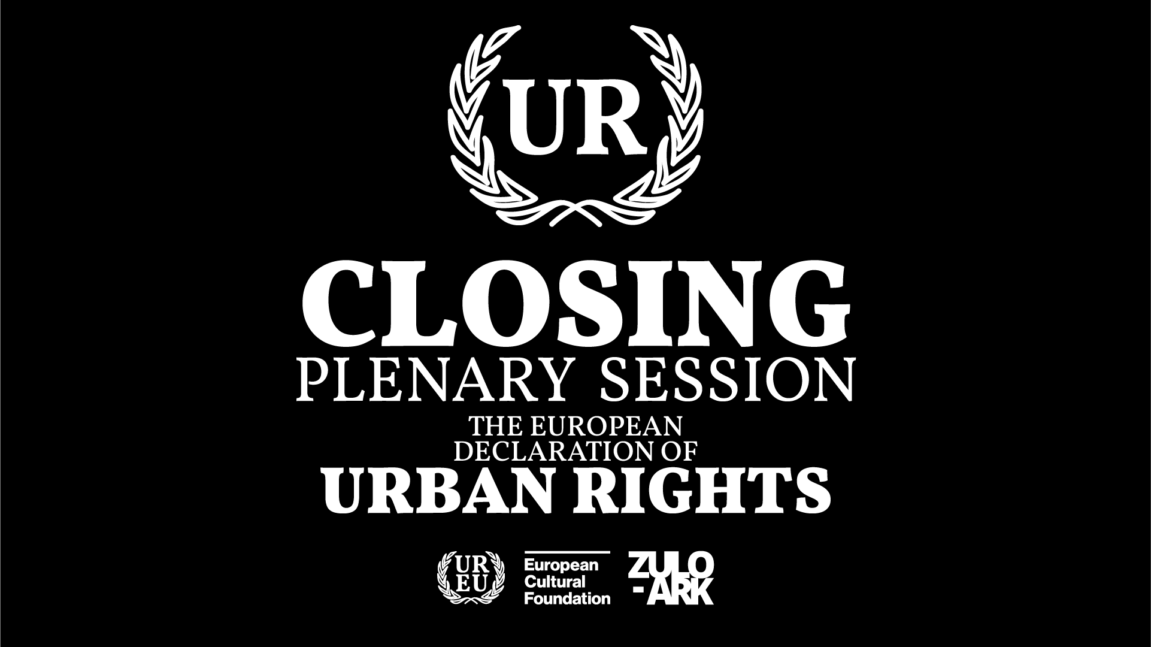
Formal approval of the UR_KIT first version release – Hosted by Zuloark, 25 February 2021
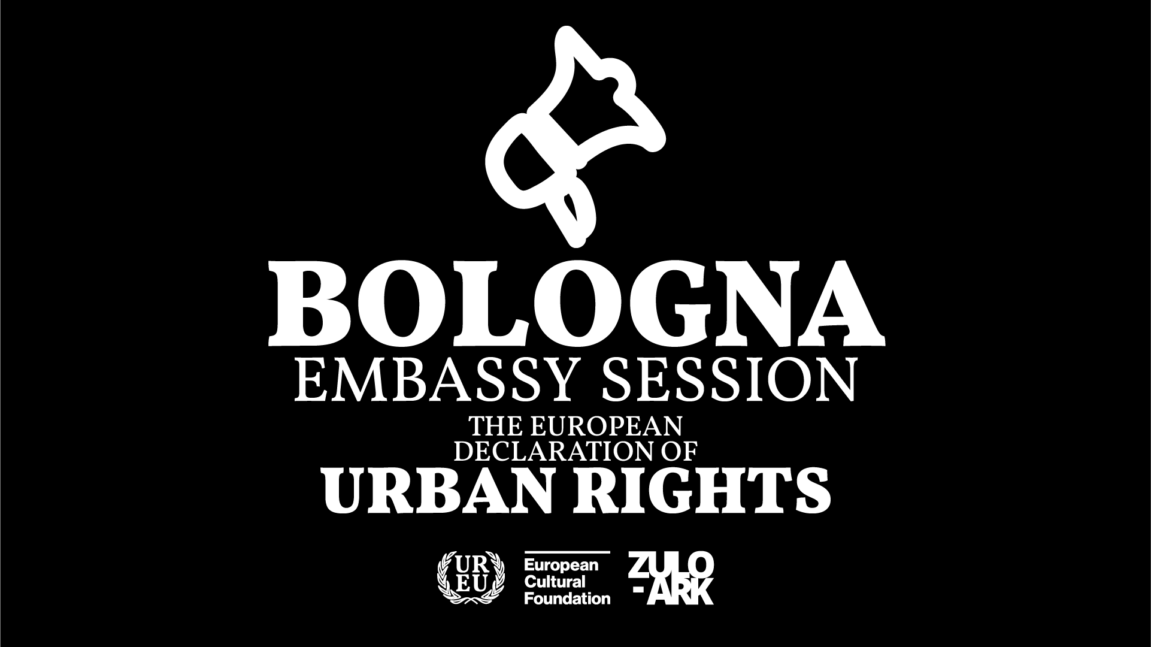
The UR_EU Bologna parliamentary session seeks to open up a space for debate, comments, and open learning about best practices to develop territory through cultural initiatives, social inclusion, and sports in order to contribute to feeding a fundamental ecosystem for the survival of fragile suburban realities.
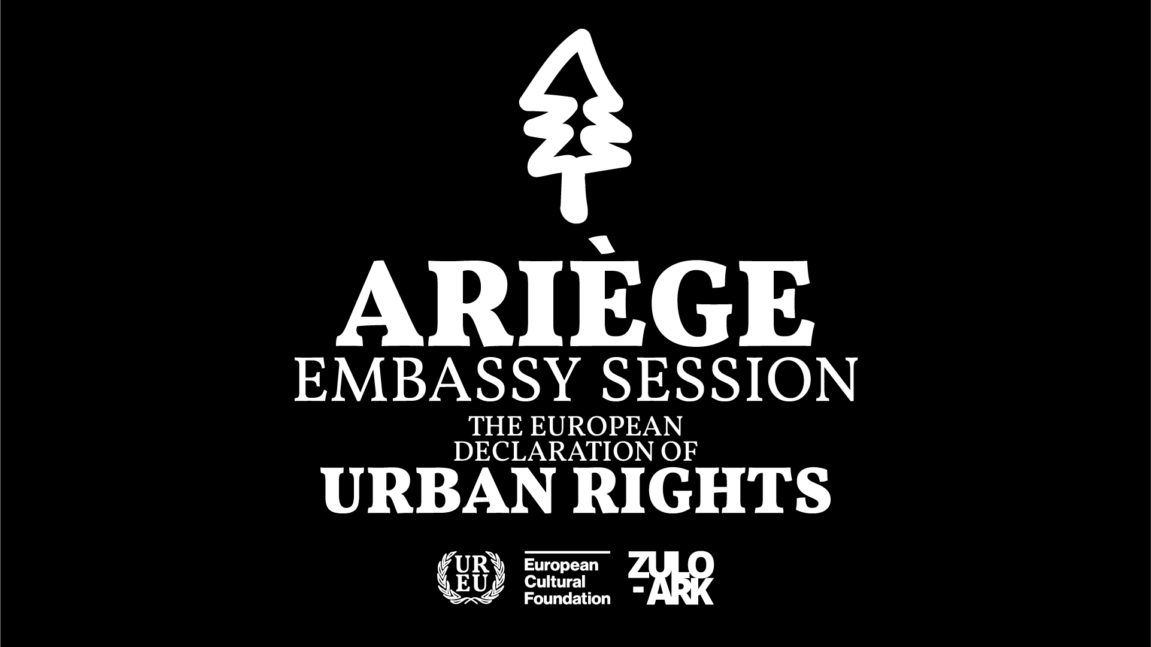
The Ariège Urban Parliament wants to be a process to share thoughts, problems, experiences facing a global pandemic in Ariège. How has a rural territory such as Couserans county and its inhabitants lived in confinement? How did the inhabitants of Couserans, in Ariège, a rural and mountainous territory, experience the COVID-19 confinement? Did they adapt to the sanitary measures? And how did they do so? What are the response capacities of a small territory to a global pandemic? “Confiné.e en Couserans” is a series of conversations that offers a wide range of testimonials on the experience of confinement in rural areas. You will meet a school teacher, a retired artist, a pediatrician, a CNRS researcher, a high school student, a college student, a couple in search of autonomy, a librarian and a designer on a Civic Service mission in a rural fablab.
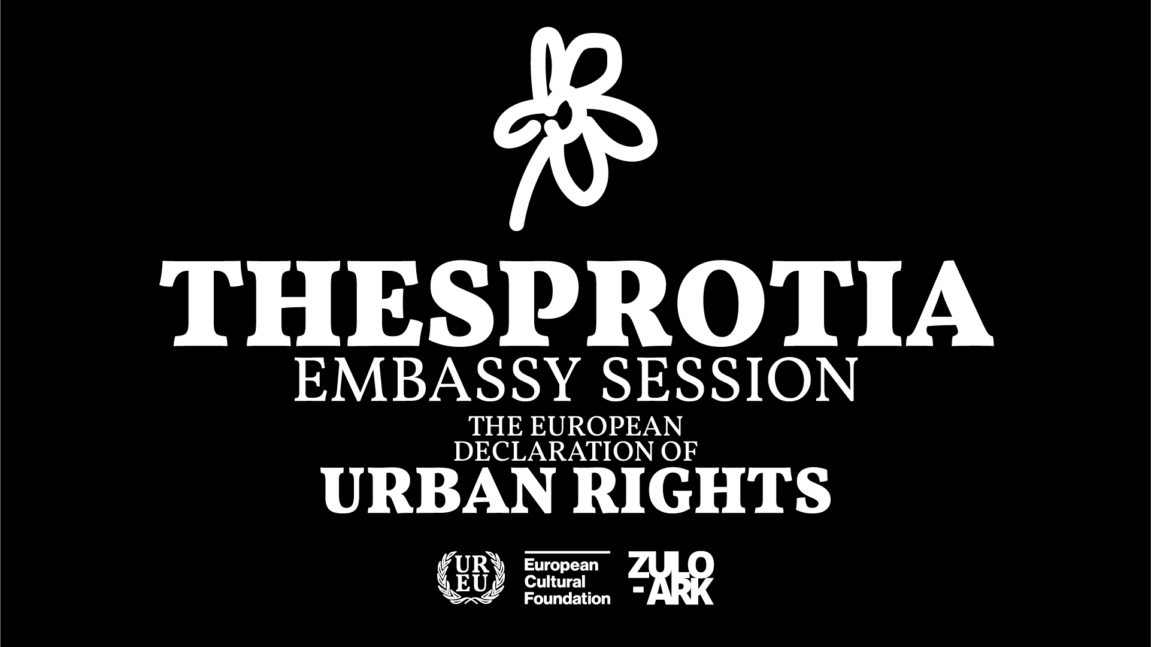
The ambassadors Tirilab (@tiri_lab) hosted a parliamentary session on 18 December from 16:00 to 18:00(GMT+1) inquiring about the diverse knowledge of livelihood practices and contribute to collaborative, open-ended socio-political imaginaries for the region.
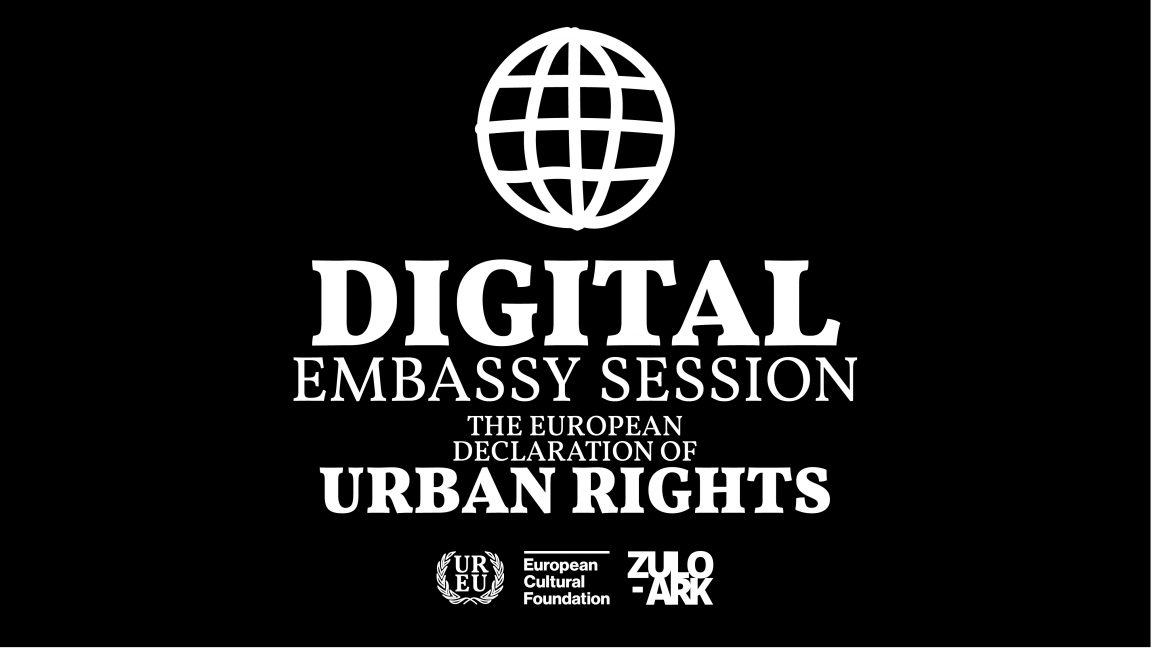
How to set up comfortable digital spaces to communicate during the development of a multi-territorial project? How to conceive these spaces to allow everyone in the project to take part in the decisions and to avoid the tyranny of structurelessness? At the same time, how to register and document the activity in every territory in an efficient and non-time-consuming way?
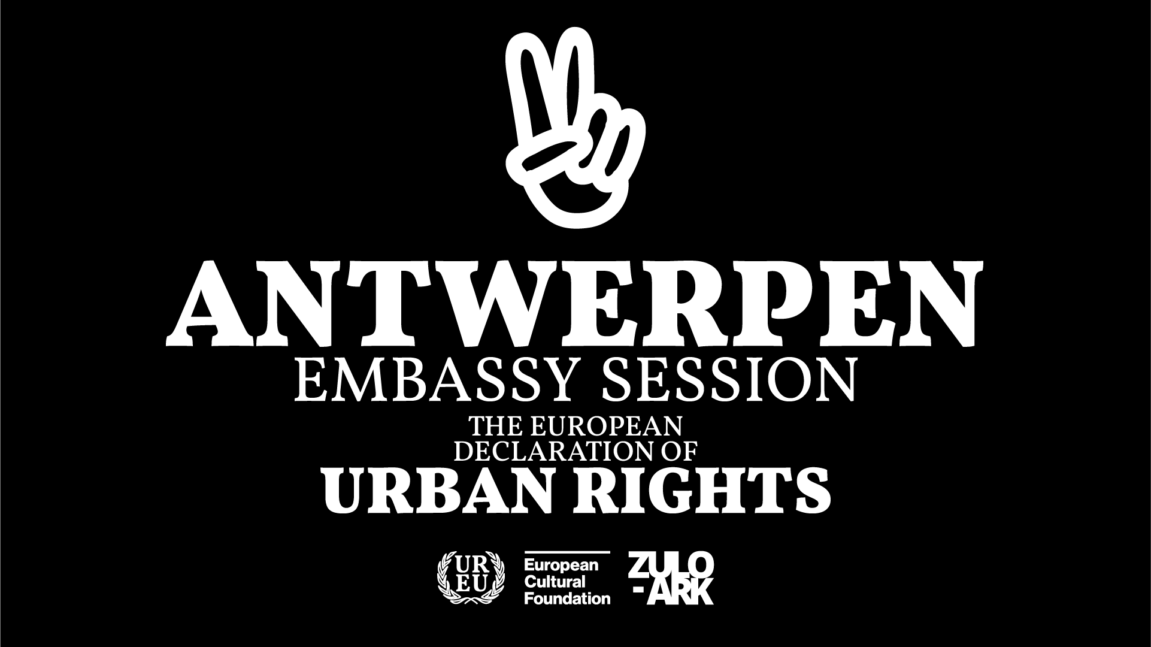
‘What is our actual right to the city?’ This ‘right to change ourselves by changing the city’ (Harvey, 2008) aims to “rescue the citizen as the main element and protagonist of the city that he himself had built” and to transform urban space into “a meeting point for building collective life” (Lefebvre, 1968). To build a city for the many, not the few.
From the coining of the right in Henri Lefebvre’s influential ‘Le droit à la ville’ (1968) to the protest signs of urban movements around the world and its adoption into the United Nations New Urban Agenda (2016) – the concept has inspired public, private and civic actors in rethinking and reacting upon increasingly unequal urbanities.
“But what legal rights are there that support our actual right to the city? We invite two legal experts to explain the role of the law in claiming the right to the city.”
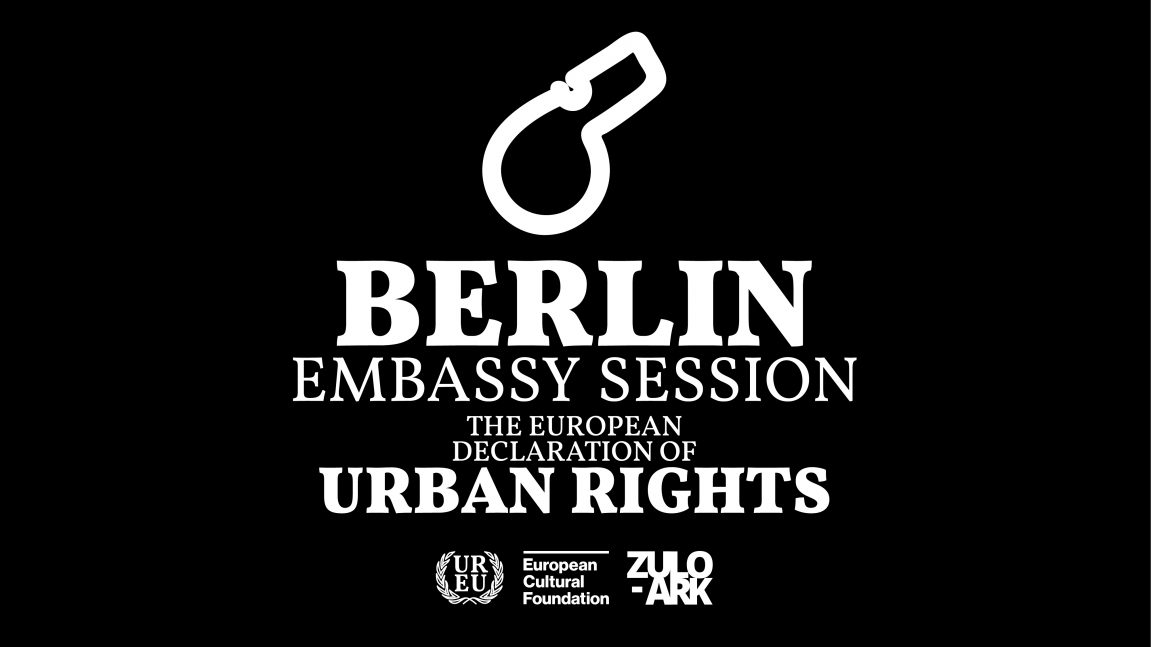
The use of the plural pronoun is a common phenomenon within critical urban practices, initiatives and political groups and suggests a solid cohesion of groups and networks. At the same time, if we look behind the scenes of such practices we find ourselves in underwhelmingly conservative and non-transparent structures, ambivalent power relations, (over-)working in precarious conditions, disconnected from the representation and recognition of the results of “our” work.
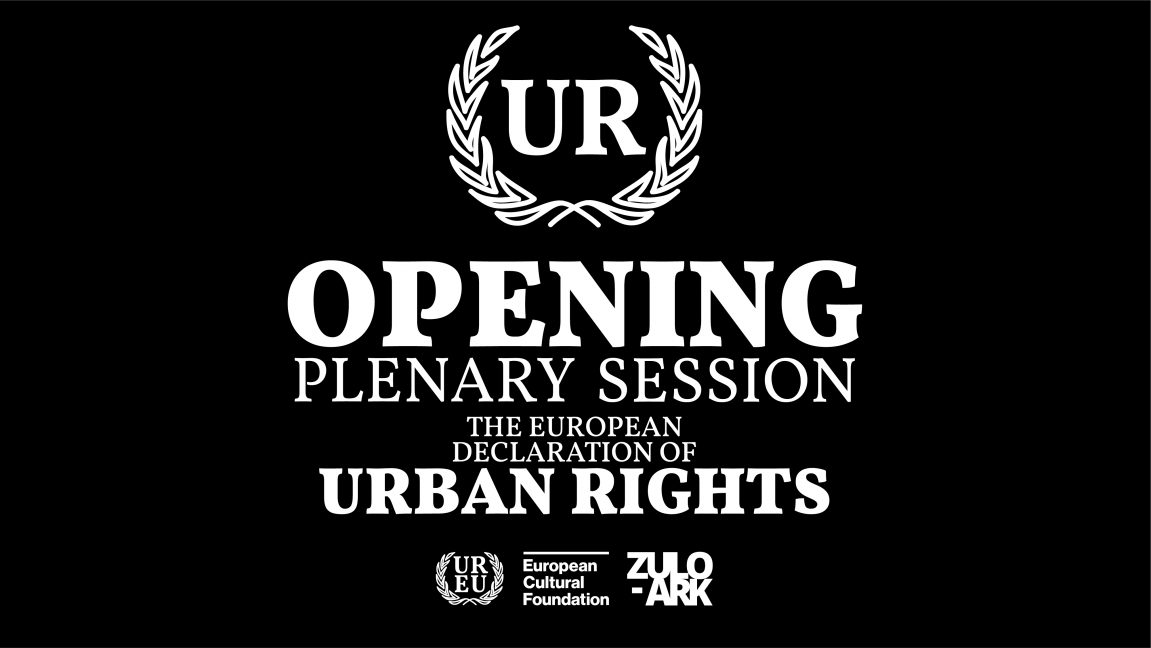
UR_EU Opening Plenary Session, 1 October 2020 – Hosted by Zuloark